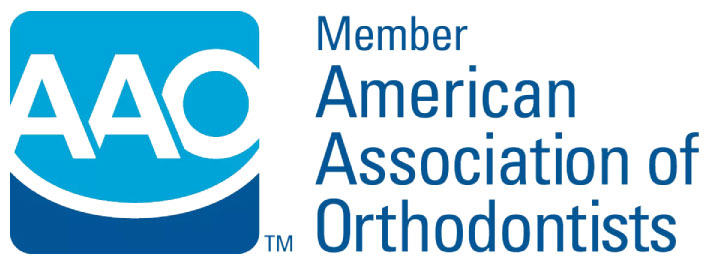Millions of Americans suffer from sever chronic recurring headaches, facial pain, and neck pain. It is estimated that potentially 20% of the American population has one or more symptoms of a Temporomandibular Disorder (TMD). Most of these individuals do not have symptoms that would necessitate treatment, whereas other individuals may have debilitating pain that degrades their quality of life making family, social and business relationships difficult.
Common Symptoms of TMD
- Pain and soreness in your jaw joint and muscles of your face
- Headaches
- Noises in your joint on movement such as clicking or popping sounds
- Difficulty opening or closing your jaw
- Difficulty chewing food
- Your teeth not feeling like they fit together properly
- Difficulty opening your mouth wide
- Pain, ringing or stiffness in your ears
- Grinding your teeth
- Awakening in the morning with soreness in your jaw or muscles of your face
- Sleep problems
- Feeling worried about these symptoms
- Feeling stressed
Your Temporomandibular joints (TMJ) are attachments that connect your lower jawbone to your skull. These joints get a lot of use throughout the day as you speak, chew, swallow, and yawn. Sometimes, the chewing muscles and jaw joints do not function together properly causing clicking or popping in the joint, pain in the joint and muscles, restricted jaw movements or limited opening.
Problems with the TMJ can produce symptoms that may not seem related to it, but can be a direct result of TMD. The symptoms can include headaches (over the eye, in the temples, behind the eyes, and at the base of the skull), generalized facial pain as well as more specific pain directly in front of the ears, ear symptoms including ringing, buzzing, congestion, as well as pain. In addition, neck and shoulder pain as well as clicking or grating noises of the jaw joint with movement, locking of the jaw or pain in the jaw with function are frequently encountered. Sufferers may not possess all of these symptoms, however, it is most certainly possible that they may.
If you feel you might have TMD, it is important to see your dentist and receive an exam to figure out the proper treatment for your symptoms.


